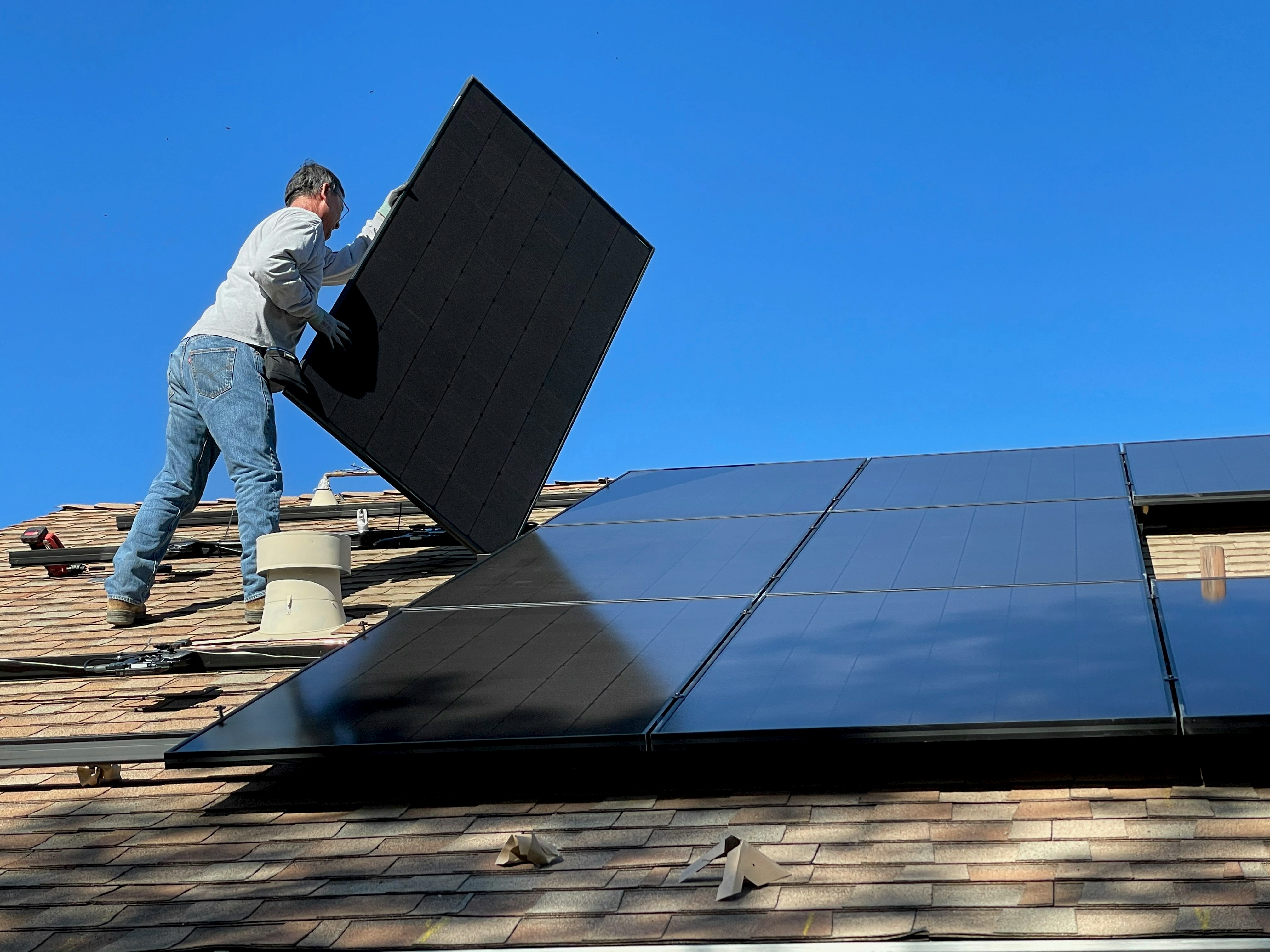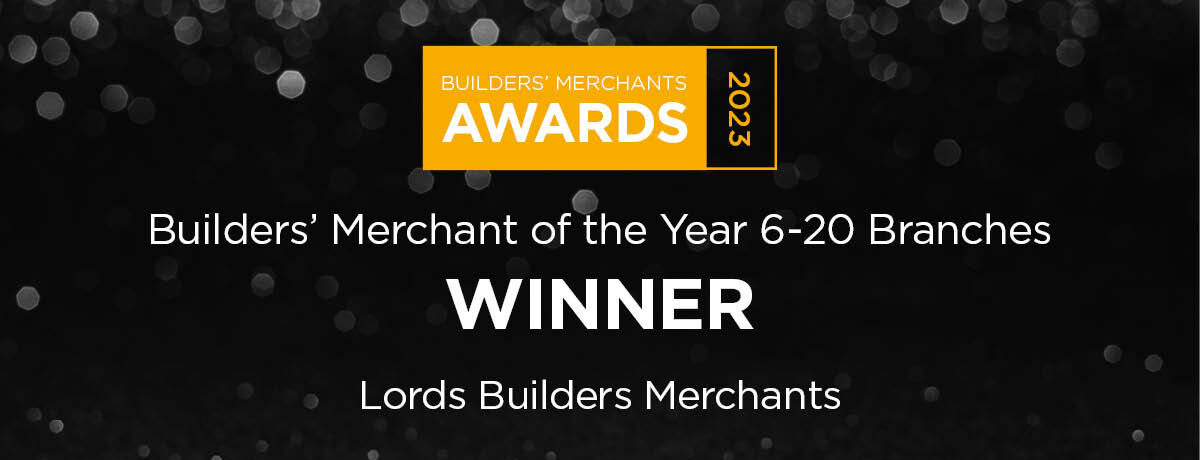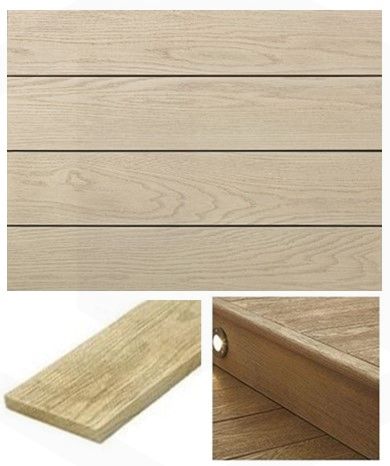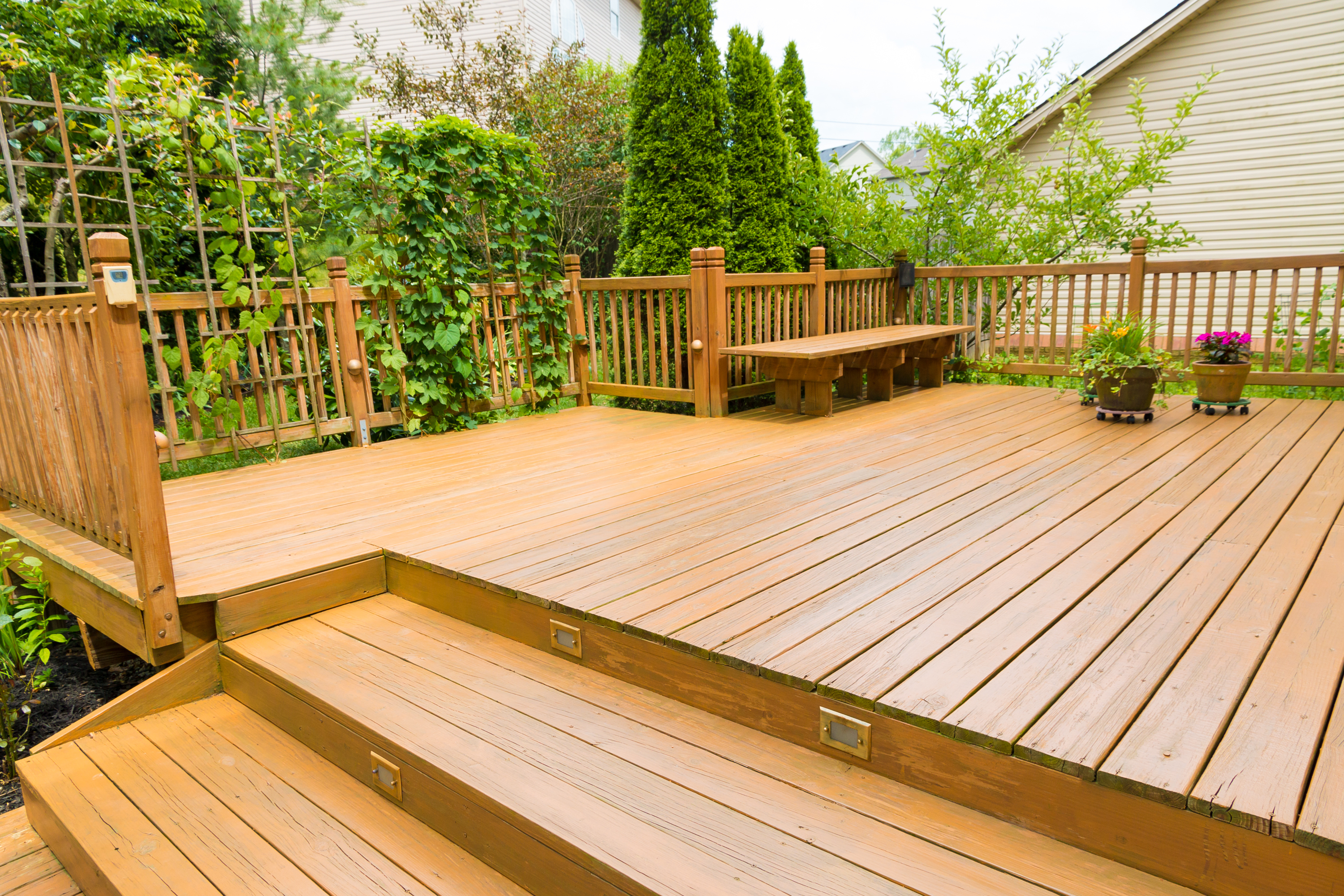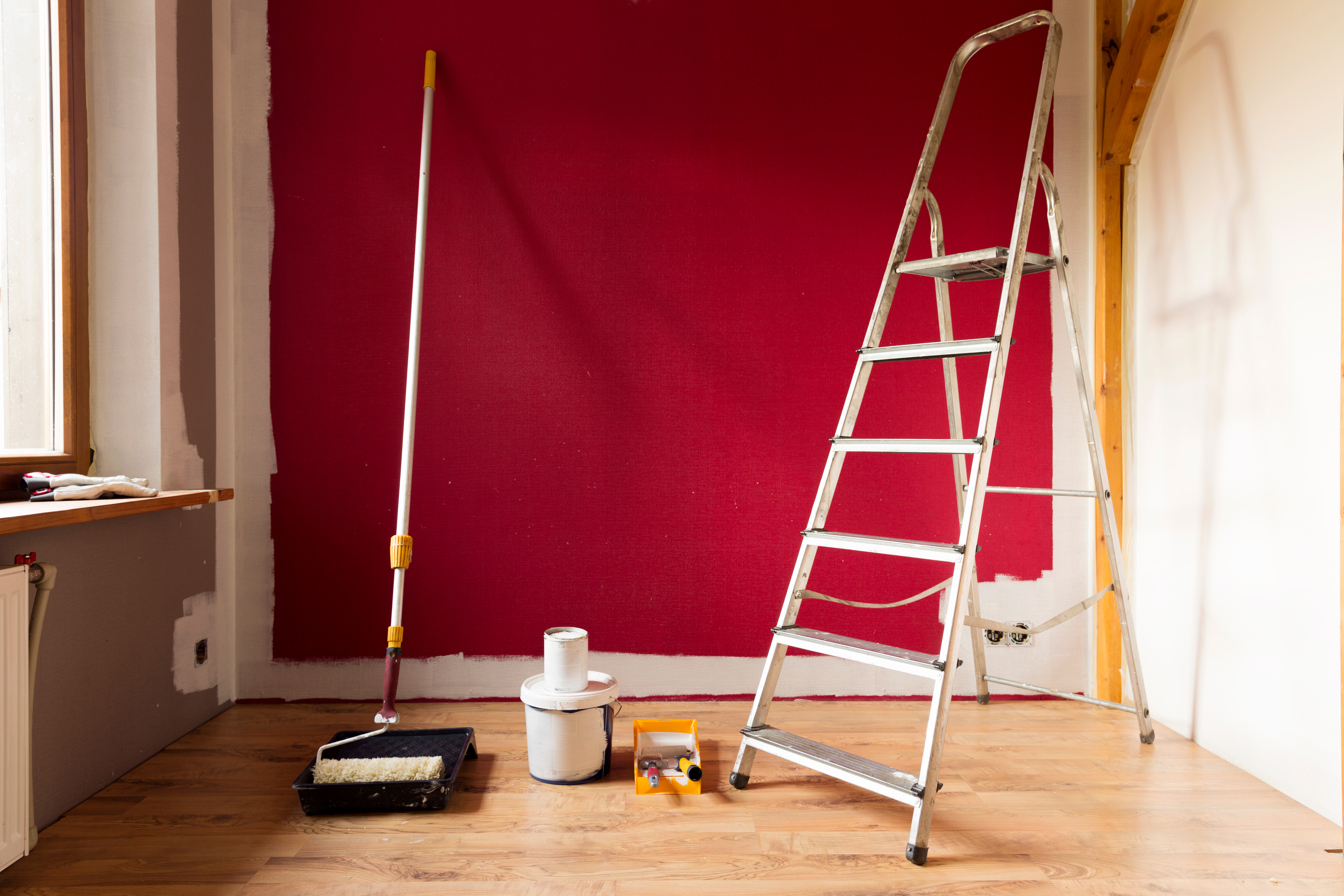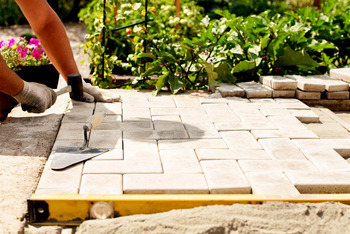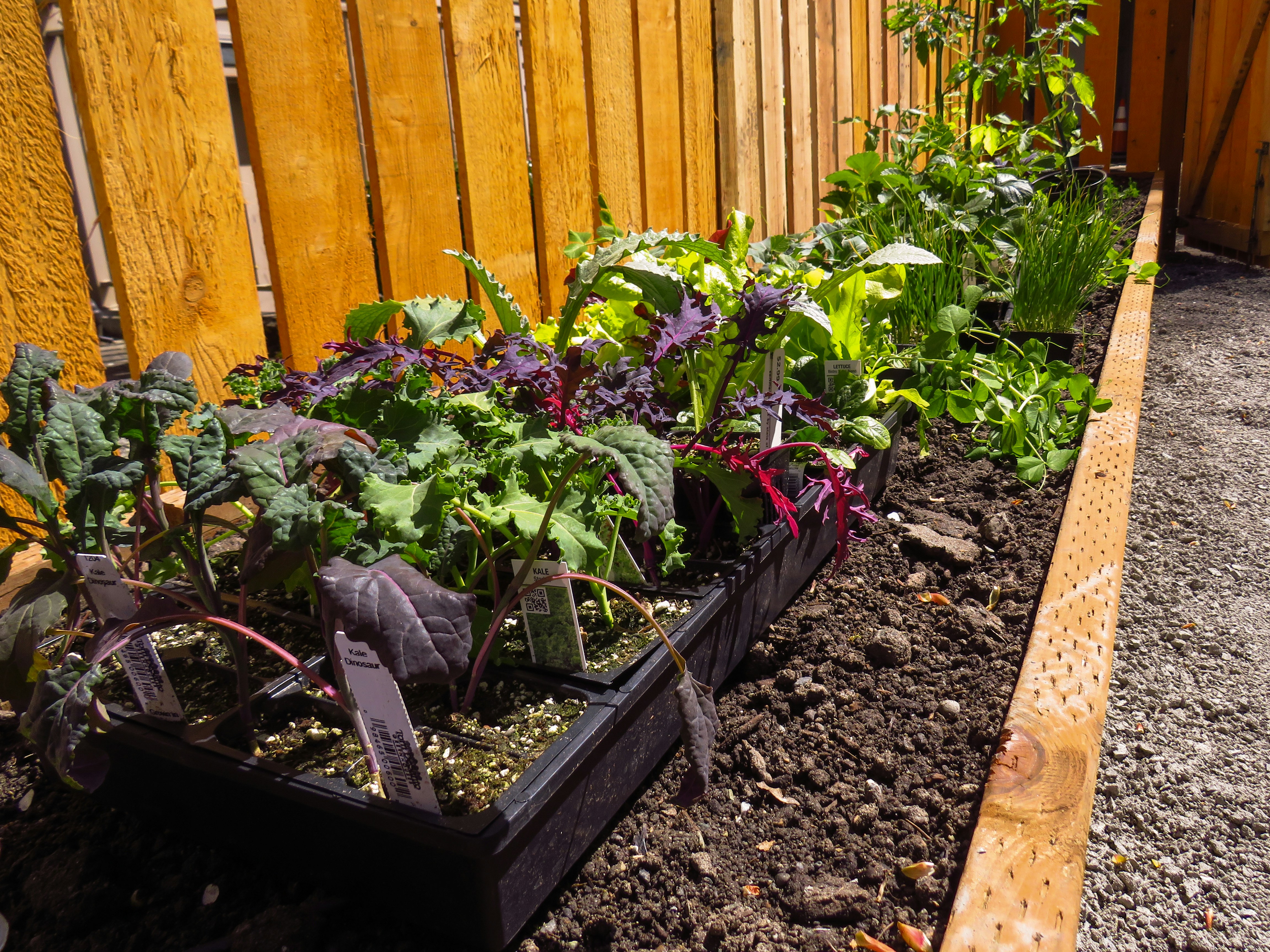In this guide, we'll walk you through the key factors to consider when selecting solar panels to ensure that you make an informed decision that suits your needs and maximizes the benefits of solar energy.
Consider Your Roof Space and Orientation
The amount of sunlight your solar panels receive is directly influenced by the orientation and tilt of your roof. Ideally, solar panels should face south for maximum sun exposure. However, east, and west-facing roofs can still be effective. Additionally, shading from nearby buildings, trees, or other obstructions should be minimized to ensure optimal solar energy production.
To determine if solar panels are suitable for your home, consider the following factors:
- Location: Southern regions in the UK receive approximately 20% more solar energy than those situated further north. Consider your geographical location when assessing solar potential.
- Roof Slope: An ideal roof slope for solar panels falls within the range of 30-40 degrees. Most UK homes have an average slope of 30 degrees. Use this angle in your calculations if you're unsure about your roof's suitability.
- Shading: Optimal solar panel performance is achieved on roofs with 20% shading or less. Shading significantly impacts energy output; a roof with over 80% shading can reduce energy production by up to 50%.
- Roof Direction: For maximum efficiency, a south-facing roof is preferred. East or west-facing roofs may experience a 15% reduction in energy output, while a north-facing roof could see a decrease of around 30%.
- System Size: The average solar panel system size is approximately 4 kilowatts peak (kWp), requiring a minimum of 20 square meters of roof space. Adjust this based on your roof's size or if you aim to cover the energy needs of a larger household.
You can estimate the potential cost savings of installing solar panels on your home with the Energy Saving Trust's solar energy calculator.
Evaluate the Type of Solar Panels
Before reaching out to solar panel companies for a quote, it's essential to decide on the type of solar PV (photovoltaic) system that aligns with your preferences and requirements. Here are some options to consider:
Monocrystalline:
- Widely favoured for their high efficiency, making them the most popular and effective choice.
- Space-efficient, requiring minimal roof space.
- Crafted from a pure form of silicon.
- Boasts a high-power output and longevity, with an estimated life expectancy of around 50 years.
- Performs exceptionally well in low sunlight conditions.
- Dark black in colour.
Polycrystalline:
- A more cost-effective option, though slightly less efficient than monocrystalline panels.
- Constructed from multiple layers of silicon crystals, enabling quicker and cheaper production.
- Similar lifespan to monocrystalline panels, around 50 years.
- Less tolerant of extreme heat.
- Exhibits a blue-ish colour.
Thin Film:
- Generally, the most economical choice.
- Less efficient compared to monocrystalline or polycrystalline panels.
- Lightweight and flexible, allowing alternative applications such as on caravans or boats.
- Maintains efficiency in weak or low light conditions and high heat.
- Demonstrates durability over time.
Hybrid (PV-T):
- Integrates photovoltaic cells with solar thermal panels, enabling the generation of both heat and electricity.
- Relatively new technology, requiring specialized installation with higher costs.
- The thermal component doesn't reach temperatures as high as independent solar thermal panels, necessitating a primary heating system.
By understanding the characteristics of each type of solar panel system, you can make an informed decision that aligns with your budget, space constraints, and performance expectations. This knowledge will be valuable when engaging with solar panel providers for tailored quotes.
Warranty and Longevity
Solar panels are a long-term investment, so it's essential to consider the warranty and lifespan of the panels. Most reputable manufacturers offer warranties ranging from 20 to 25 years. Additionally, check the degradation rate, which indicates how much the efficiency of the panels will decrease over time. Opt for panels with a lower degradation rate for better long-term performance.
--
Choosing the right solar panels for your home involves a careful consideration of your energy needs, roof characteristics, panel efficiency, type of panels, and warranty. By taking the time to assess these factors, you can make an informed decision that not only benefits the environment but also provides you with a reliable and cost-effective source of renewable energy for years to come.
We work closely with our sister company, the roofing specialists at Advance Roofing, so don’t hesitate to reach out if you have any questions regarding solar panels. Our friendly team will help you source the right products for your project.


